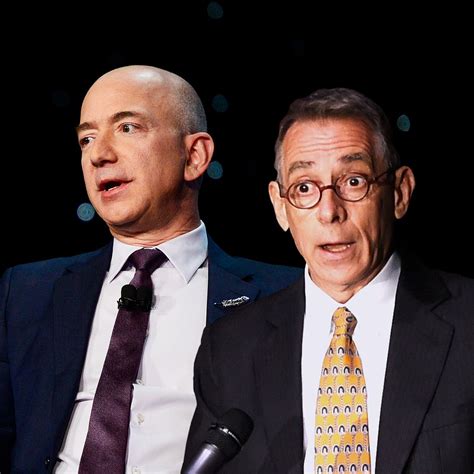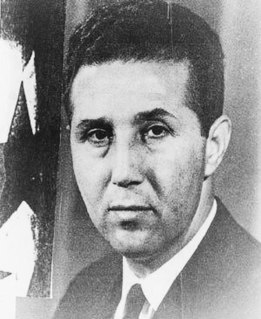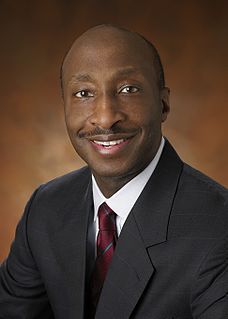A Quote by James Surowiecki
Companies often become victims of their own mythologies.
Related Quotes
Women have always been the primary victims of war. Women lose their husbands, their fathers, their sons in combat. Women often have to flee from the only homes they have ever known. Women are often the refugees from conflict and sometimes, more frequently in today's warfare, victims. Women are often left with the responsibility, alone, of raising the children.
Over and over victims are blamed for their assaults. And when we imply that victims bring on their own fates - whether to make ourselves feel more efficacious or to make the world seem just - we prevent ourselves from taking the necessary precautions to protect ourselves. Why take precautions? We deny the trauma could easily have happened to us. And we also hurt the people already traumatized. Victims are often already full of self-doubt, and we make recovery harder by laying inspectors blame on them.
I think what's happening is companies are trying to maximize shareholder value and I think they realized that if they could hire more effectively, they would. What I'm suggesting, though, is that human resources departments in most companies have become so detached - have become such a bureaucracy - that they have become clueless. They don't realize that the processes they have put in place have very little to do with recruiting, retaining and bringing on talent.
What the Supreme Court did in Citizens United is to say to these same billionaires and the corporations they control: 'You own and control the economy, you own Wall Street, you own the coal companies, you own the oil companies. Now, for a very small percentage of your wealth, we're going to give you the opportunity to own the United States Government.' This is the essence of what Citizens United is all about - and that's why it must be overturned.

































